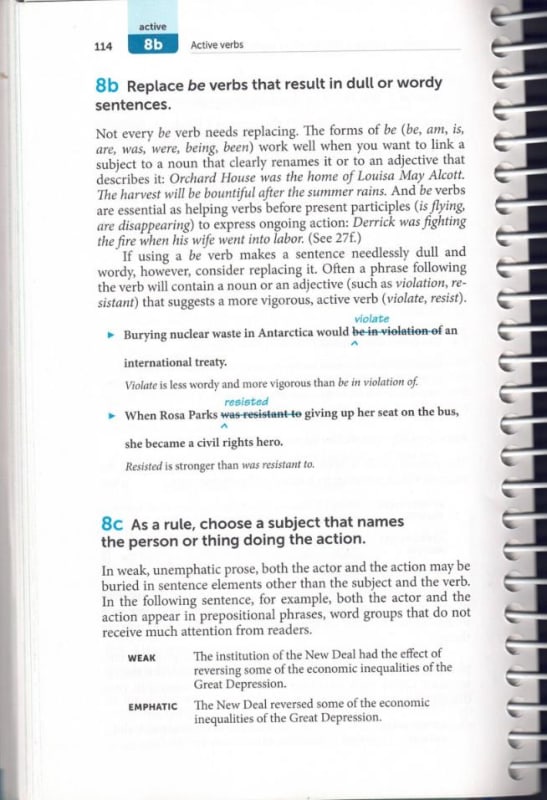Envelope3
Structural
- Dec 24, 2015
- 35
There is debate in the office on how to phrase professional opinions in technical reports. From a legal perspective, when a PE renders an opinion on company letterhead, is it legally the opinion of the individual or the opinion of the company? Moreover, does it matter how the conclusion is phrased within a technical report? For example, which of the following versions would be preferred? "COMPANY NAME concluded the concrete was not adequate because of...." verses "JOE SCHMO P.E. concluded the concrete was not adequate because of...."

![[wink] [wink] [wink]](/data/assets/smilies/wink.gif) ) I don't think the sentience of a company is the topic at hand
) I don't think the sentience of a company is the topic at hand